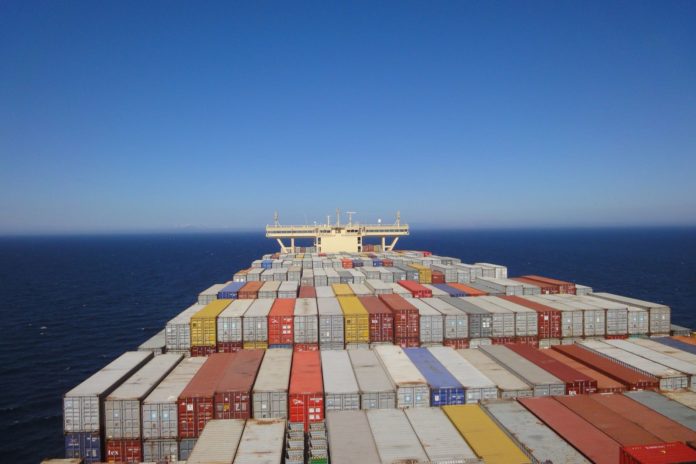Les confinements liés à la COVID-19 ont freiné l’économie mondiale. Ainsi, les Nations Unies ont annoncé que les investissements transfrontaliers ont chuté de 49% au premier semestre 2020 par rapport à la même période il y a un an. La baisse annuelle pourrait être de 40% sous l’effet de la perspective d’une profonde récession.
Selon le rapport sur l’investissement dans le monde en 2020 de la Conférence des Nations Unies sur le commerce et le développement (CNUCED), toutes les principales formes d’investissement étranger, qui vont du financement des infrastructures aux fusions et acquisitions, ont été globalement touchées. A l’exclusion des centres financiers offshore des Caraïbes, les flux mondiaux d’investissements étrangers directs (IED) ont été soumis à une forte pression en raison de la pandémie.
Le directeur de la division des investissements et des entreprises de la CNUCED, James Zhan, a déclaré, à Genève, que « les flux mondiaux d’IED ont diminué de près de moitié durant le premier semestre de l’année en cours … C’est plus drastique que ce qui était envisagé pour toute l’année ». Il a ajouté que « les économies en développement ont relativement mieux résisté à la tempête pendant le premier semestre de l’année ».
Effondrement de 75% dans les pays industrialisés
Les économies développées, qui représentent normalement environ 80% des transactions mondiales, ont été les plus durement touchées. Leurs flux sont tombés à 98 milliards de dollars, un niveau observé pour la dernière fois en 1994. Les flux d’IED vers l’Amérique du Nord ont ainsi chuté de 56% au cours de cette même période, pour atteindre 68 milliards de dollars. Aux États-Unis, on constate une perte de 61%. Quelques pays ont enregistré une augmentation des flux. L’Allemagne note +15% avec 21 milliards de dollars et l’Irlande 75 milliards de dollars avec un bond de 65 milliards de dollars en capitaux propres au deuxième trimestre de 2020.
Afrique
Les flux d’IED vers les économies en développement ont en revanche diminué moins que prévu (-16%), a indiqué la Cnuced. Sur le continent africain, les investissements transfrontaliers ont atteint 16 milliards de dollars au cours du premier semestre de cette année. Ils ont reculé de 28%. Le total des entrées en Afrique du Nord a diminué de 44% pour atteindre 3,8 milliards de dollars au cours de la même période. En revanche, le Maroc constate une augmentation de 6% en raison d’un profil d’investissement relativement diversifié. L’Afrique subsaharienne voit une diminution de 21% pour atteindre un montant estimé à 12 milliards de dollars. Contrairement à la tendance, les flux d’IED vers l’Afrique du Sud ont augmenté de 24 % pour atteindre 2,9 milliards de dollars. Toutefois, cette augmentation est due en grande partie à des transferts intra-entreprises de sociétés étrangères vers leurs filiales dans le pays plutôt qu’à des projets d’investissement en terrain vierge.
Stabilité en Chine
La Chine va à l’encontre de la tendance, a déclaré James Zhan. « Leurs flux d’IED restent relativement stables. Pour la première moitié de l’année, la baisse a été vraiment modeste (-4%) et, en fait, selon les dernières données, pour les neuf premiers mois de cette année, les IED en Chine ont augmenté de 2,5% », a-t-il ajouté. La plupart des investissements d’IED en Chine concernaient les services de commerce électronique, les services technologiques spécialisés et la recherche et le développement.
Perspectives incertaines
Selon la Cnuced, les perspectives restent mauvaises car les projets de nouvelles installations à l’étranger (« Greenfield investments ») ont chuté de 37% au cours des huit premiers mois de l’année. Ces investissements, créateurs d’emplois mais aussi source de transfert technologique et de savoir-faire, ont chuté de 49% dans les pays en développement, et de 17% dans les économies développées. En 2021 la baisse des investissements étrangers directs devrait osciller entre 5% et 10% a déclaré James Zhan.


